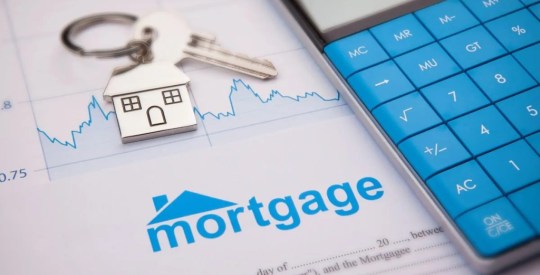The retirement crisis in the United States threatens to leave many unprepared Americans struggling to save enough for their non-working years. But while the need to adequately plan for retirement affects men and women, old and young, the female population stands to face the biggest uphill battle compared to their male counterparts, according to a recent report.
It is well documented that the U.S. faces a retirement savings crisis. The pain is particularly severe for women who, on average, live longer than men and thus require a bigger nest egg of savings to support this longevity, saysDiane Oakley, executive director of the National Institute on Retirement Security (NIRS).
Compare to men, women are 80% more likely to be impoverished at age 65 or older, while women between the ages of 75-79 are three times more likely than males to be living in poverty, according to a NIRS report released this week.
The report, “Shortchanged in Retirement, The Continuing Challenges to Women’s Financial Future,” details the financial security challenges women face and the wide gender gap that hinders their ability to plan for retirement.
“Women are financially disadvantaged because we still earn less than men and we typically take time out of our careers for caregiving—both of which reduce our ability to prepare for retirement,” Oakley said in a written statement on the report’s findings.
Although the median household incomes of Americans age 65 and older has increased over the years, women are earning 26% less than their male counterparts, according to NIRS, which finds the median household income for men age 65 and older was $48,280 in 2013. For women in this age group, the median income was $35, 810.
The NIRS report is based on an analysis of the 2012 Survey of Income and Program Participation (SIPP) data from the U.S. Census Bureau. This SIPP data examines the distinct challenges posed by the current retirement system of Social Security, pensions and savings for working-age women, retirement-aged women and retirement women.
“This new data is troubling—it shows that a woman’s nest egg is substantially smaller than a man’s and that we’re not making real headway toward closing the retirement gender gap,” said Oakley, who co-authored the report. “The fact that women over 65 are 80% more likely than men to fall into poverty in their retirement years is tragic and should be a call to action for policymakers.”
Traditionally, retirement security in the U.S. has been viewed as a three-legged-stool comprising Social Security, a pension and personal savings. With the rising popularity of reverse mortgages in the context of financial planning lately, the strategic use of home equity has been considered by some to transform this historical “stool” into a four-legged chair.
Women represent the largest group of borrowers utilizing a Home Equity Conversion Mortgage (HECM). In Fiscal Year 2015, 39% of HECM borrowers were single females, according to the most recent actuarial report on the Federal Housing Administration’s Mutual Mortgage Insurance Fund. Single males represented only 22% of total HECM borrowers in FY 2015 and multiple borrowers accounted for 39%.
Although the share of single females outnumbered all other HECM borrowers (except for multiple borrowers), this portion of the borrower population is declining while other groups are growing. In FY 2014, 40% of HECM borrowers were single females, whereas single males represented 21%. The share of multiple borrowers largely remained the same over the last fiscal year.
As employer-sponsored defined benefit pensions going the way of the dodo, and with many retirees’ personal savings not up to snuff and finding it difficult to make ends meet with Social Security, this traditional three-legged stool is broken, especially for women.
In 2010, men received $17,856 in median retirement income from a pension, whereas women received $12,000—or 33% less, according to NIRS.
The gender gap is also evident in defined contribution or 401(k)-type retirement accounts. In 2014, the median amount accumulated in these savings was $36,875 for men and $24,446 for women—or 34% less, according to data from investment management company The Vanguard Group cited in the report.
Vanguard also found that women, on average, saved less than men in their Individual Retirement Accounts (IRA), with the average balance for a man equal to $56,429, and the average balance for a woman equal to $26,307.
Because few employers offer workers automatic ways to translate their individual defined contribution (DC) account balances into lifetime incomes like defined benefit (DB) pension—and because women tend to live longer than men—NIRS finds that women would need to stretch their smaller DC accounts over more years in retirement by planning to withdraw fewer dollars each year; otherwise they put themselves at greater risk of outliving their retirement savings.
Women working in health care, education and public administration fields—where DB pension plans are more prevalent—have higher incomes in retirement and lower rates of poverty than in other industries, according to NIRS. This group of women, unfortunately, represents only a fraction of the population and leaves more work to be done.
In addition to spotlighting the gender disparities American women face as they prepare retirement, NIRS proposes several public policy options aimed to help reduce women’s vulnerability to financial hardship as they age.
Such proposals included strengthening Social Security benefits for women age 65 and older; increasing retirement plan coverage through auto-enrollment in IRAs; increased development of state-sponsored savings plans; expanding defined benefit pension plans; and providing spousal protections in defined contribution accounts.
Read the NIRS report.
Written by Jason Oliva



